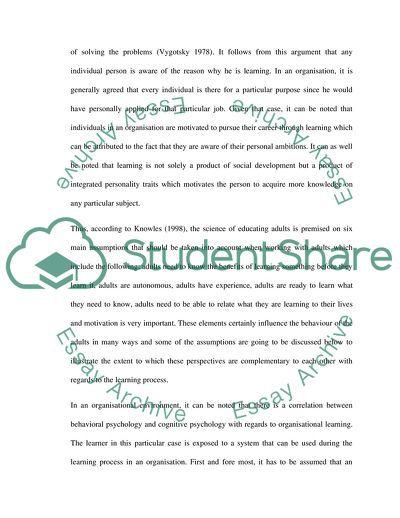Cite this document
(Behavioral Psychology vs Cognitive Psychology Assignment - 4, n.d.)
Behavioral Psychology vs Cognitive Psychology Assignment - 4. Retrieved from https://studentshare.org/psychology/1733769-organizational-behaviour
Behavioral Psychology vs Cognitive Psychology Assignment - 4. Retrieved from https://studentshare.org/psychology/1733769-organizational-behaviour
(Behavioral Psychology Vs Cognitive Psychology Assignment - 4)
Behavioral Psychology Vs Cognitive Psychology Assignment - 4. https://studentshare.org/psychology/1733769-organizational-behaviour.
Behavioral Psychology Vs Cognitive Psychology Assignment - 4. https://studentshare.org/psychology/1733769-organizational-behaviour.
“Behavioral Psychology Vs Cognitive Psychology Assignment - 4”. https://studentshare.org/psychology/1733769-organizational-behaviour.


